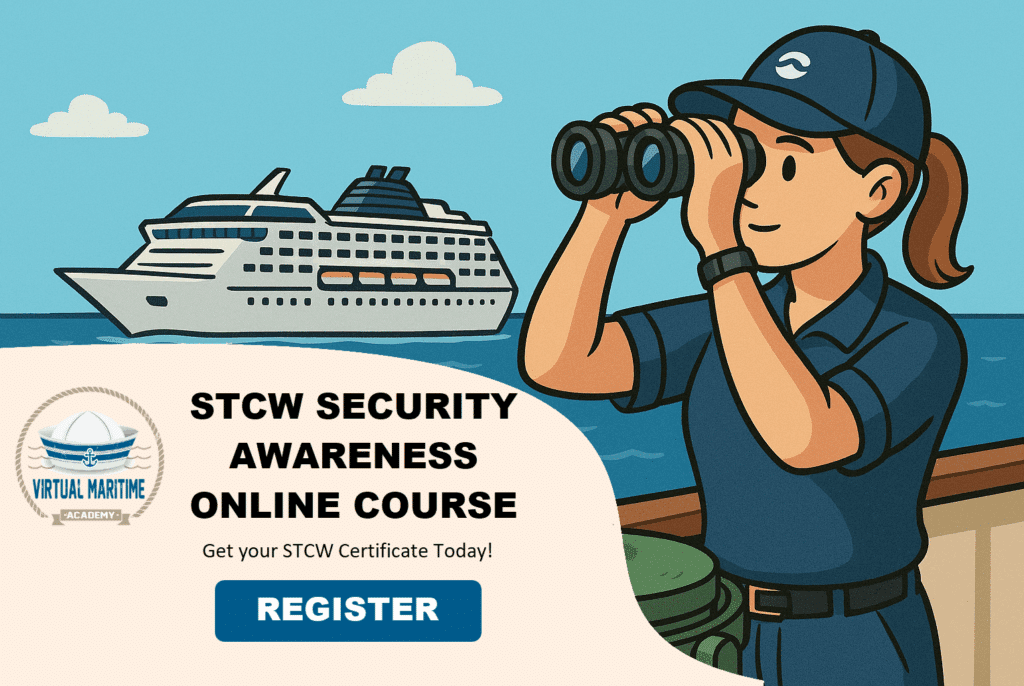Ensuring the safety and security of maritime operations is pivotal to the global supply chain. One of the most critical aspects of maritime security is conducting regular security drills for maritime crews. These drills are designed to prepare the crew for potential threats, including piracy, armed robbery, and terrorism. Proper training and preparedness through security drills can significantly enhance the crew’s ability to respond effectively and protect both human life and valuable cargo.
Importance of Security Drills in Maritime Operations
Maritime security drills are essential for several reasons:
- Preparedness: Drills ensure that all crew members are familiar with security procedures and protocols. This preparedness is crucial in the event of an actual security breach.
- Compliance: Shipping companies must comply with international regulations and standards, such as the International Ship and Port Facility Security (ISPS) Code, which mandates regular security drills.
- Competence: Routine exercises help maintain the crew’s competence in handling security equipment and executing response strategies.
- Risk Mitigation: By identifying potential vulnerabilities through drills, companies can mitigate risks and improve overall security measures.
Types of Security Drills
There are various types of security drills that maritime crews should regularly practice:
Piracy and Armed Robbery Drills
These drills simulate scenarios where the crew may encounter pirates or armed robbers. Key elements include:
- Communication protocols with maritime authorities and nearby vessels.
- Implementation of anti-piracy measures such as evasive maneuvers.
- Practice of lockdown procedures and safe room (citadel) usage.
Terrorism Response Drills
The threat of terrorism requires specific drills focused on recognizing and responding to suspicious activities. Key components include:
- Spotting and reporting suspicious persons or objects.
- Emergency evacuation procedures.
- Coordination with security forces and local authorities.
Man Overboard Drills
Although primarily a safety drill, these exercises also play a role in security preparedness. They ensure the crew is proficient in:
- Immediate response and search-and-rescue operations.
- Use of life-saving equipment.
- Effective communication during an emergency.
Conducting Effective Security Drills
To maximize the efficiency and efficacy of security drills, the following steps should be observed:
- Planning and Preparation: Develop a comprehensive drill plan outlining objectives, scenarios, and roles for each crew member.
- Scenario Selection: Use a range of realistic scenarios tailored to the specific risks faced by the vessel and its route.
- Clear Instructions: Ensure that all participants understand their roles, the procedures, and the goals of the drill.
- Debriefing: After the drill, conduct a thorough debriefing to discuss what was learned, identify weaknesses, and plan for improvements.
- Regular Schedule: Schedule drills at regular intervals to maintain a high level of preparedness and familiarity with security procedures.
Challenges and Solutions
Conducting security drills can present several challenges:
Resistance from Crew
Some crew members might not see the importance of drills and may resist participation. To overcome this:
- Emphasize the real-world benefits and necessity of drills.
- Incorporate engaging and varied scenarios to maintain interest.
Resource Constraints
Limited resources can hinder the effectiveness of drills. Mitigate this with:
- Utilizing onboard training aids and simulation tools.
- Seeking assistance from maritime security firms for specialized training.
Language Barriers
Diverse crews may face communication issues. Address this by:
- Ensuring multilingual instructions and clear communication protocols.
- Conducting language training or providing translation resources.
Regular security drills are an indispensable component of maritime security. By investing in proper training and preparation, shipping companies can enhance the resilience and readiness of their crews to face potential security threats. In doing so, they safeguard their personnel, vessels, and cargo, thereby contributing to the overall safety of global maritime operations.











